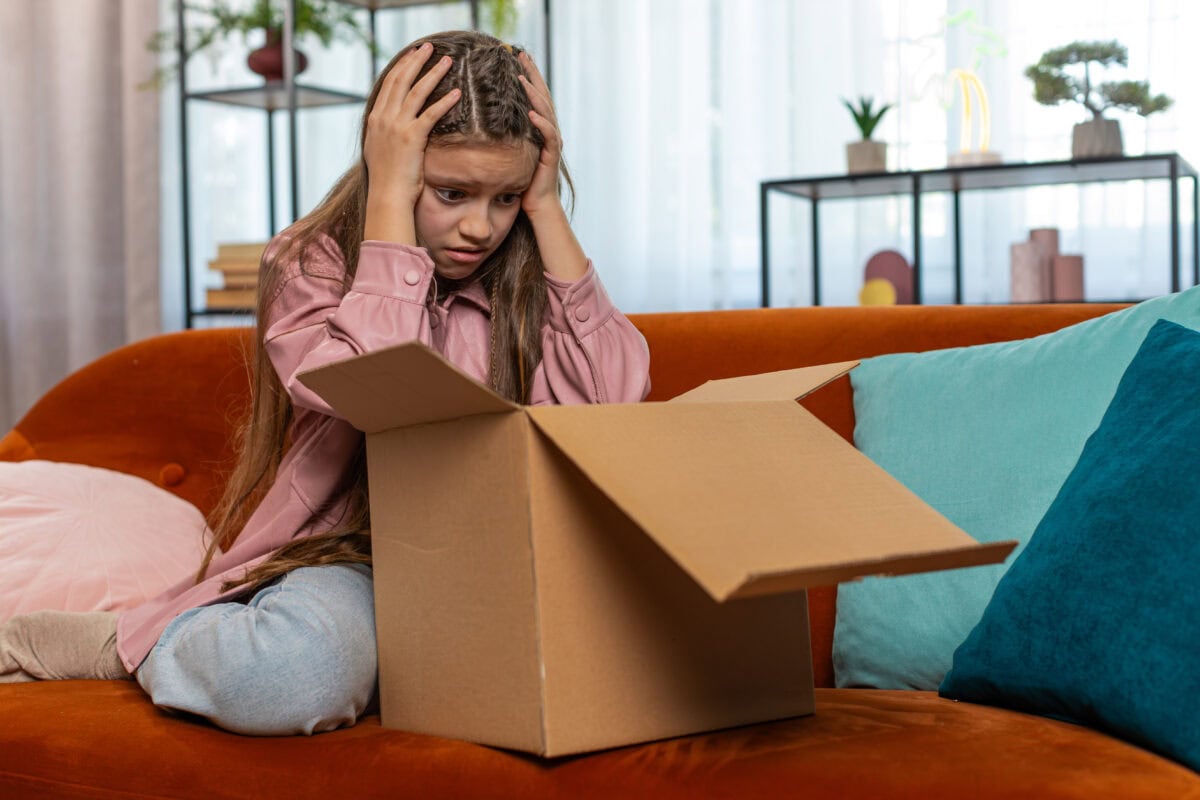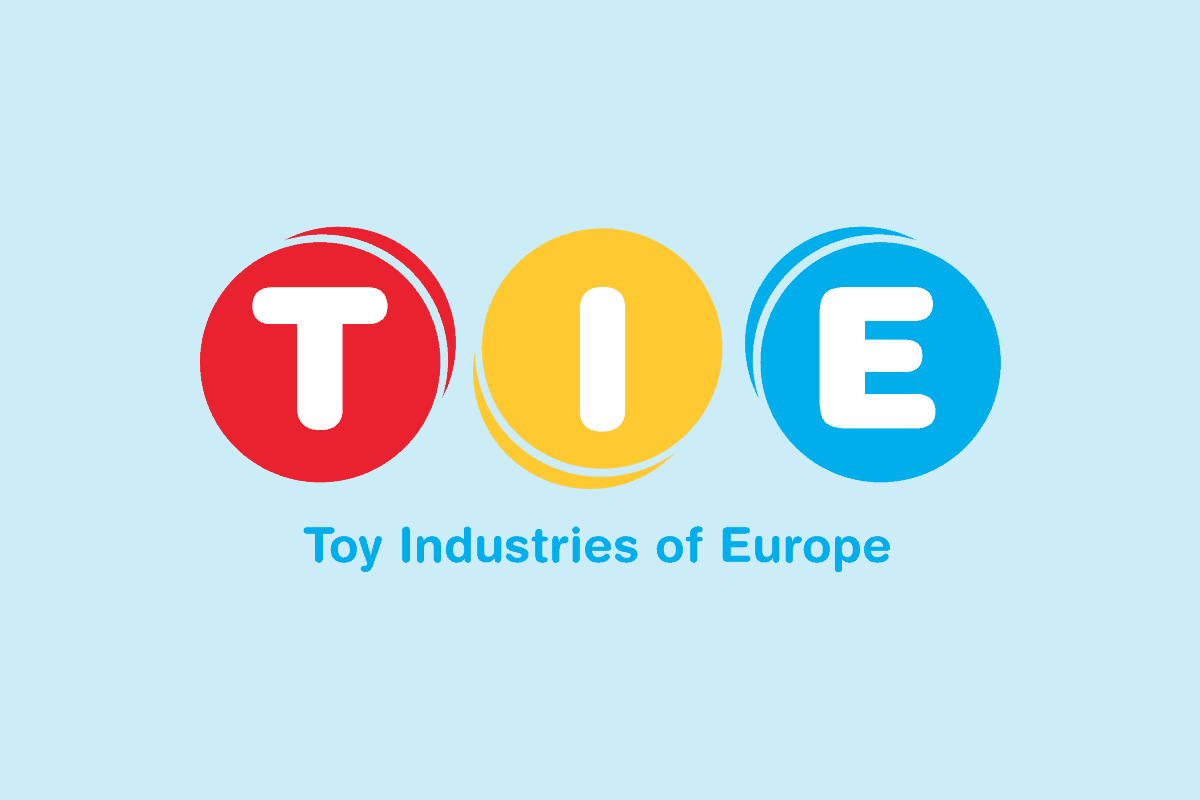Brussels, March 13 2024. Following today’s European Parliament plenary vote on the proposed Toy Safety Regulation, Toy Industries of Europe (TIE) is very worried about unintended consequences of the vote. Some of the mandatory requirements can simply not be put into practice.
By asking for the impossible, the Parliament is giving a huge free hand to rogue traders who will continue to make unsafe toys without caring about any new rules. They are pushing consumers into the hands of these rogue traders. It is difficult to imagine that that is what the European Parliament wants. Toy Industries of Europe is calling on the other EU institutions to mitigate negative effects of the EP report.
While some improvements will help the effective application and enforcement of toy safety standards, very significant concerns remain that will jeopardise child safety:
- The European Parliament’s report makes it impossible to use naturally occurring ingredients in toys. That means safe toys like crayons, paints, chalks etc will be banned.
- It will also make it extremely difficult to maintain the current exemption for the safe use of stainless steel, which is needed for outdoor toys such as trampolines, go-carts etc. No alternative materials match stainless steel’s durability and safety standards for toys.
- The transition period of 30 months is much too short for toymakers to be able to make the significant changes needed to comply with the new rule – many of which are outside their control. After entry into force, toymakers need to wait for new standards to be put in place, obtain clarity certain exemptions allowed for in the regulation, and implement a Digital Product Passport that has yet to be developed (these steps can easily take more than 30 months). And then start the normal 18-month process of developing a compliant toy.
- Regrettably the European Parliament missed an easy opportunity to fix the loophole that lets sellers from outside the EU sell unsafe toys on online marketplaces. It is disappointing for toymakers who prioritise safety to see that online marketplaces still bear no legal responsibility for the sale of unsafe toys from third-country sellers on their platforms.
We had also hoped for the removal of the proposed limited sell-through period for safe toys already on the market when the new rules start applying. The extension to 20 months is not sufficient: hundreds of thousands of safe toys that remain longer on shop shelves will need to be traced down and destroyed. This is an inexcusable waste.
“While intending to do the opposite, the European Parliament has in fact taken a step backwards in terms of child safety and toys. We really hope that further down the legislative process, more account will be taken of whether or not what is proposed is realistic and whether it really adds more safety to the toy.” says Catherine Van Reeth, Director-General of TIE. “Our industry is dedicated to
the safety and well-being of children across Europe. To achieve this, we need realistic and enforceable regulations that do not end up only benefitting rogue traders to the detriment of reputable toymakers.”
Aspects of the European Parliament position that TIE can welcome are:
- The Digital Product Passport (DPP) is used for simplification. For example, manufacturers can provide compliance declarations in the DPP.
- A full ban of chemicals that are Endocrine Disruptors for human health was supported. Toys compliant with the current Directive already pose no risk in this respect, but a full ban could help to make things clearer for everyone.
- Requirements on sound and mental health are clearer and enforceable. Only rules that can be applied and enforced will have a positive impact on child safety.
- A clarification that market surveillance authorities should always contact the economic operator responsible for compliance of a toy. This will ensure that rapid action can be taken in case of safety concerns.
- Support for SMEs to comply with the new requirements of this Regulation.



